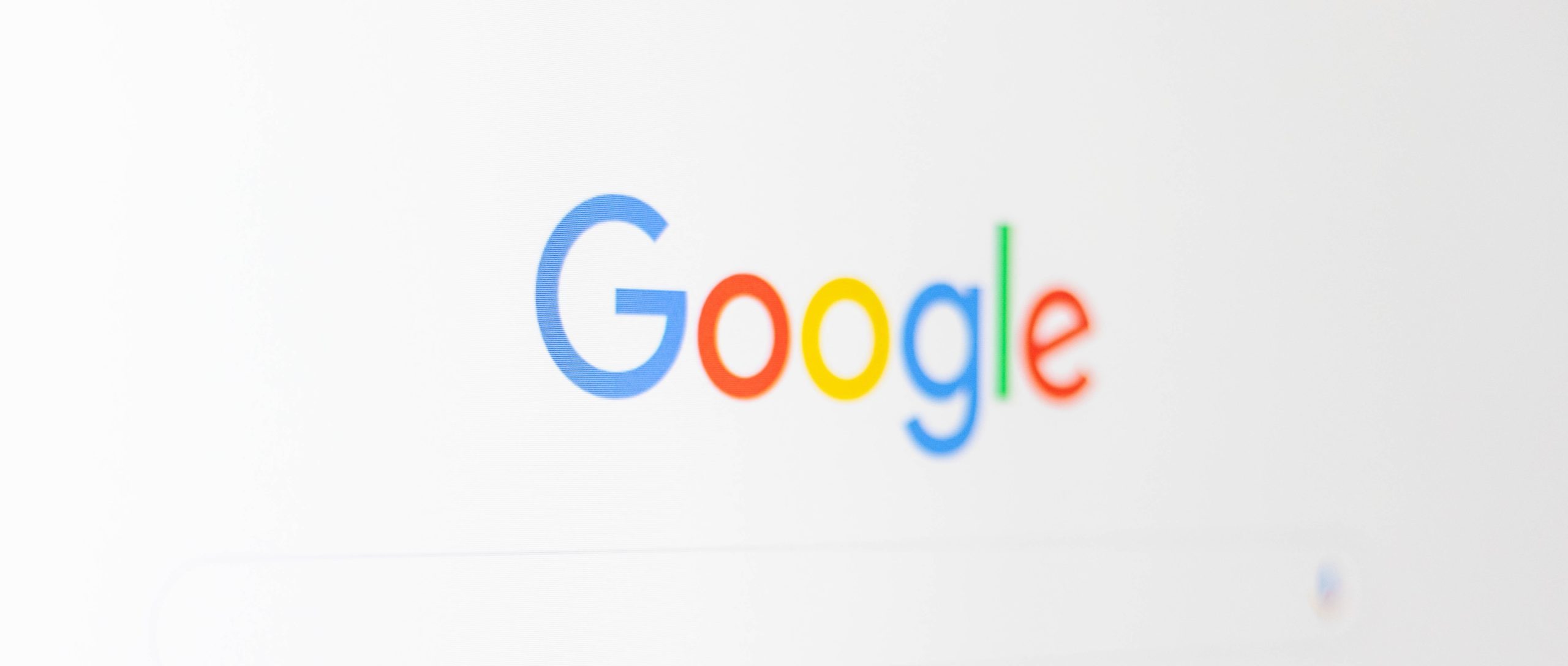Finch divides the Google AdWords market into two segments:
- Those that can measure financial returns (CPV or CPP, i.e. do transactions)
- Those that cannot measure financial returns (CPA, i.e. collect leads)
Those companies in segment #1 enjoy treating Google AdWords payments as commission on sales, while those in segment #2 treat it like an advertising expense. The difference? Everything! In online advertising the person with the best information wins. The more you know the more aggressive you can be when competing for the best clicks because you know which clicks are the best for your financial gain.
Historically segment #1 is made up of companies whose conversion path results in an online transaction: eCommerce sites, travel sites, online ticketing sites, and subscription sites. Segment #2 typically consists of lead generation-type businesses where a web form is filled out or a phone call is generated and follow up contact from a sales rep is required to convert the lead into a paid transaction.
Connecting ad spend to revenue is how all segment #1 companies should be operating in order to operate profitably. However, until now the complete expense-to-revenue workflow was missing for segment #2. This is what last week’s Google AdWords announcement is all about. It is important for an advertiser for two reasons:
- Ability to measure financial return (ROAS) from AdWords budgets
- Ability to act on this information to replicate said gains
One can argue that you were always able to measure the return on ad spend (ROAS) if you had tracking setup correctly, which is in some cases true. However, measuring is only moderately interesting unless you can use it to improve and leverage future performance.
At Finch we have been tracking and measuring success through cost-per-value or cost-per-profit optimization models for the past 3 years using a high-performance bidding engine to replicate and leverage success automatically. The key is to tie the session data of the click (keyword, ad group, etc…) to the amount of the transaction (revenue or profit).
To do this for a #2 segment client, the click session data needs to be tied to the financial outcome without the luxury of a shopping cart. Instead of a shopping cart, a lead is created for the sales team through a web form. In order for this lead to be tracked through the full sales cycle, we need to tie the session data (keyword, ad group, etc) to the record that is created in the CRM system so that when a deal closes it can be tied back to the keyword and ad group that initiated the lead. That way you can track at a keyword level if a click is performing above or below your financial requirements… and make bid adjustments accordingly. Here is a video on why this is game changing for most advertisers:
Being able to close the cost/profit loop for #2 segment advertisers is the holy grail for financial gains and provides huge competitive advantages for advertisers. Combined with Google’s recent remarketing for search announcement, you can gain huge insights to where the industry is going: Closed loop bidding for clicks inside your sales funnel!
The fun is about to begin, but you may want to start thinking about how you are going take advantage of this before you get left behind. The AdWords game is about to change in a way much bigger than the market is prepared for. Finch is ready because we have been working on this for the past 4 years! Sign up for a free audit of your Adwords today and we’ll show you how!






